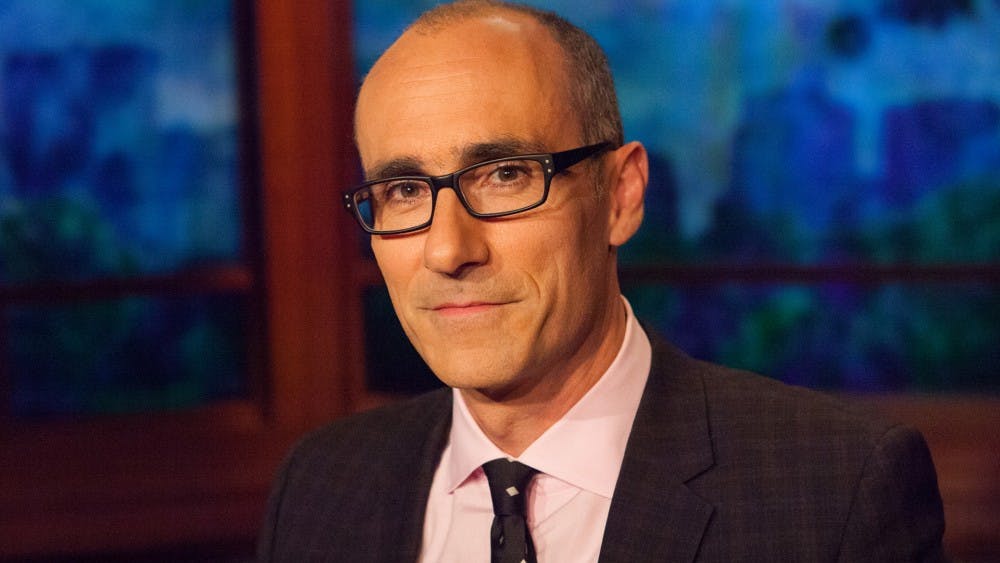American Enterprise Institute President Arthur Brooks told audience members on Feb. 22 that they could become a “more successful person” by living like an entrepreneur.
The event, hosted by the Kennedy Political Union, highlighted how risk taking and a problem solving attitude can help people find success in life.
Brooks challenged the idea that success just means having lots of money, describing the lives of some of the great entrepreneurs as a “big hot mess.”
“You find estrangement from spouses and children,” he said. “You find neuroticism at very, very high levels.”
Looking at his own life, Brooks defined success as having successful children, a strong marriage and a fruitful career. Happiness, Brooks said, is more attractive to most people than being extremely rich.
“My kids [are] growing up happy and healthy. My marriage is really great,” Brooks said. “I have a job that I love. That, my friends, is success.”
Brooks said anyone can live an entrepreneurial life by doing three things: taking more risks, serving other people and by taking your greatest weakness and seeing it as a strength.
A problem Brooks said he sees with millennials is that they are not taking risks as much as their baby boomer counterparts. Boomers are twice as likely to behave entrepreneurially than millennials, Brooks said.
He referenced a study by professor Steven Levitt, University of Chicago, in which people facing agonizing decisions volunteered to have their decisions made via a computerized coin flip. Ten thousand people participated in the study and 3,000 people did what the coin flip told them to do.
The results suggest that people may be “excessively cautious when facing life-changing choices,” according to the study.
“If you are in agony, you should say ‘yes,’” Brooks said.
The second “secret” to living an entrepreneurial life Brooks offered was to “serve others.” He said entrepreneurs are “always talking about the needs and wants of others,” and meeting unmet needs. As a professor at Syracuse University, Brooks learned that the more people give to charity, the richer they become.
“We know that when people give to charity they get happier,” he said. “When people become happier they become more successful and make more money.”
The final tip Brooks gave was the one he struggled with the most: “Don’t just exploit your strengths, exploit your weaknesses and turn them into strengths.”
He said this requires recognizing your greatest weakness and using them to serve others. To entrepreneurs, opportunity lies in “weakness and tragedy,” Brooks said.
To illustrate his point, Brooks used the example of composer Ludwig van Beethoven, who lost his hearing, but continued to compose music. Brooks said that while the music Beethoven composed while totally deaf wasn’t immediately received well, his music was revered as innovative after his death in 1827.
“Beethoven was not being influenced by any of the prevailing fashions of his day because he hadn’t heard anything in 10 years,” he said.
At the end of the event, Brooks took questions from the audience. A student asked how one could go about identifying the problems of other people.
“You’ll find somebody who has needs around you,” Brooks said. “And you, as a person, have the strength and ability to alleviate that discomfort. That’s really where it starts.”





